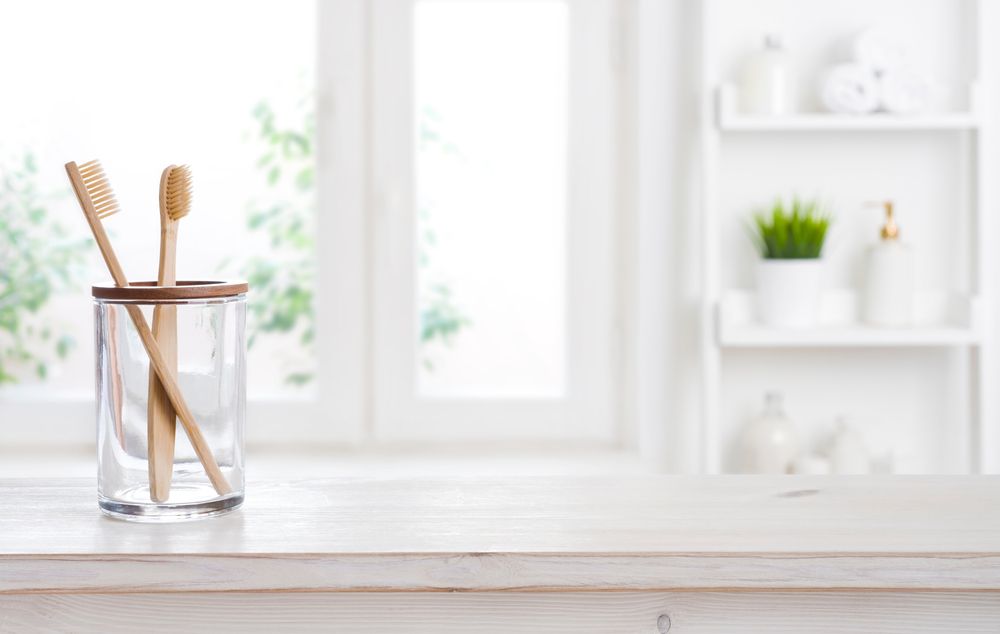How to Choose the Right Oral Care Tools

Oral health is critical to overall wellness, and selecting the right oral care tools is vital. At Schowengerdt Family Dentistry in Lees Summit, MO, Dr. Brian Schowengerdt emphasizes the importance of choosing tools that cater to your specific dental needs. Here’s a guide to help you make informed decisions about your oral care arsenal.
Understanding the Basics: Toothbrushes
The toothbrush is the cornerstone of oral hygiene. Here’s what to consider:
- Bristle Type: Soft bristles are generally recommended as they are effective yet gentle on the gums and enamel.
- Manual vs. Electric: While manual toothbrushes are effective, electric toothbrushes offer consistent brushing power and are particularly beneficial for those with limited manual dexterity.
- Head Size and Shape: Choose a toothbrush head size that comfortably fits your mouth and reaches all areas easily.
The Role of Toothpaste
Toothpaste is not one-size-fits-all. Consider the following:
- Fluoride Content: Fluoride strengthens tooth enamel and helps prevent decay.
- Specific Needs: If you have sensitive teeth, gum disease, or are looking for whitening options, there are toothpastes formulated to address these concerns.
Flossing Essentials
Flossing is an integral part of oral care, removing plaque and food particles where a toothbrush can’t reach. Types of floss include:
- Waxed and Unwaxed Floss: Waxed floss slides between teeth more easily, while unwaxed floss may provide a more thorough clean.
- Dental Tape: Broader and flatter than standard floss, ideal for wider gaps.
- Water Flossers: An alternative to traditional floss, particularly effective for those with braces or Dental Implants.
Mouthwash: A Supplementary Tool
Mouthwash can be a great addition to your oral hygiene routine, offering benefits like reducing bacteria, freshening breath, and providing fluoride. Alcohol-free formulas are recommended if you have a sensitive mouth.
Specialty Tools for Specific Needs
Depending on your oral health needs, consider specialty tools:
- Interdental Brushes: Ideal for cleaning around Crowns & Bridges and in wider gaps.
- Tongue Scrapers: Help remove bacteria and improve breath.
- Orthodontic Care Tools: If you have braces or Invisalign, there are tools designed to clean around orthodontic work effectively.
Regular Replacement of Oral Care Tools
Regularly replace your oral care tools to ensure effectiveness. Toothbrushes should be replaced every three to four months or sooner if the bristles are frayed.
Professional Recommendations
Always seek advice from dental professionals like Dr. Schowengerdt for personalized recommendations based on your oral health status.
Your Partner in Oral Health
Choosing the right oral care tools is a crucial step in maintaining dental health and preventing oral diseases. By selecting products that suit your individual needs, you can significantly enhance your oral hygiene routine.
At Schowengerdt Family Dentistry, we’re committed to guiding you through every aspect of your dental health journey. Dr. Brian Schowengerdt and his team are here to provide expert advice on the best oral care tools tailored to your needs.
For more information or to schedule a Dental Cleaning & Consultation, contact Dr. Brian Schowengerdt at Schowengerdt Family Dentistry in Lees Summit, MO. Call 816-524-3535 today and take the first step towards optimal dental health.
Sources
- American Dental Association: Choosing Dental Products
- Journal of Clinical Dentistry: Evaluating Toothbrushes and Toothpaste
- National Institutes of Health: Oral Health in America
